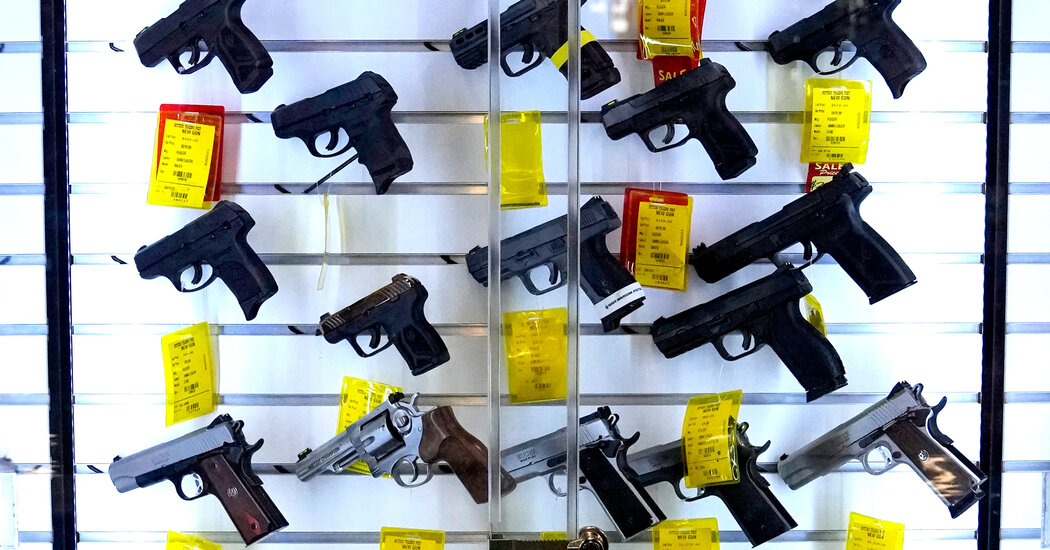Voters in Maine narrowly approved a “red flag” law on Tuesday, according to The Associated Press, giving families the option to petition a judge to order weapons removed temporarily from a troubled relative.
The ballot measure, known as Question 2, passed two years after a gunman in Lewiston used an assault rifle to kill 18 people at a bar and a bowling alley. It was the worst mass shooting in Maine history.
Both supporters and opponents ran forceful campaigns, in a state with a strong hunting tradition and high rates of gun ownership. The opponents included Gov. Janet Mills, who argued that such a law would create confusion and put family members “on the front lines of a dangerous situation.”
Maine already had a “yellow flag” law, which allows law enforcement officers to ask a judge to order weapons removed from a person found to be a danger. But the law requires that the person be taken into custody and undergo a mental health evaluation before the police can seek such an order.
In the wake of the Lewiston shooting, legislators made changes to the yellow flag law that they said had made it easier to use. Maine police agencies have used it much more frequently over the last two years.
But many people in the state remained convinced that giving families the power to seek court intervention might have prevented the mass shooting. The new law, expected to take effect in January, will not require that a person’s mental health be evaluated before firearms are seized. About 20 states have similar laws.
Last year, family members of the Lewiston gunman, Robert R. Card II, testified before a state commission about their repeated efforts to get him help as his mental health deteriorated in the months before he opened fire at the bar and the bowling alley. Mr. Card was found dead of a self-inflicted gunshot wound two days later.
“It’s on all of us to make sure the next time we need to get help for someone, we do better,” Cara Lamb, Mr. Card’s ex-wife, said at a hearing.
Relatives sought help from law enforcement officers and from Mr. Card’s Army Reserve supervisors. The Army sent him for a mental health evaluation and treatment, but no one removed his weapons, even after he had made explicit threats. Following a failed attempt at intervention, the local sheriff’s department asked his family to take away his firearms — a request that the state commission called an “abdication” of responsibility.
Anne Jordan, a former state commissioner of public safety who led the commission that reviewed the shooting, said the law would be an important tool for preventing suicides. Maine has one of the highest suicide rates in the eastern United States.
Arthur Barnard, whose son, Artie Strout, 42, was among Mr. Card’s victims, said the new law would give families a needed “shortcut to a judge.” He was playing pool with his son that night and had left the bar minutes before the shooting started.
“Something has to change,” Mr. Barnard said. “There were so many red flags in this case, for so long. Who knows better than family if someone is not doing well?”
Jenna Russell is the lead reporter covering New England for The Times. She is based near Boston.
The post Maine Voters Approve ‘Red Flag’ Gun Law appeared first on New York Times.




